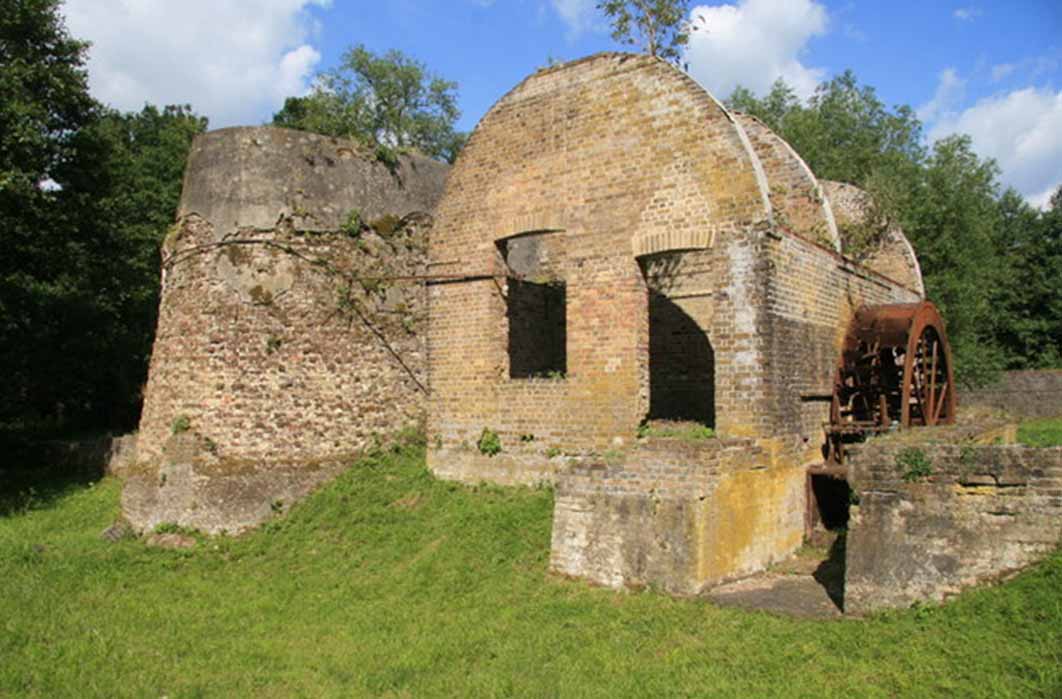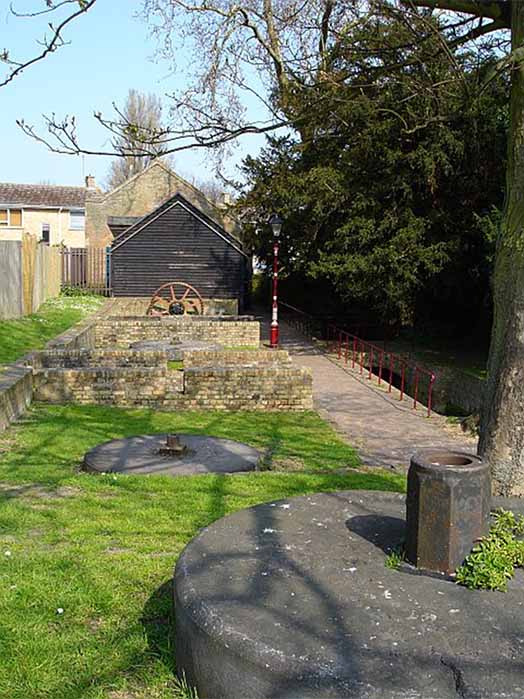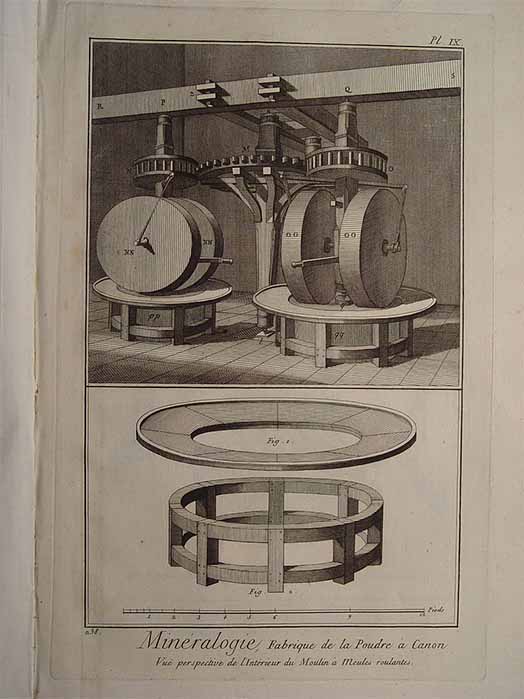
Alchemist British Monks: Digging Up The Old Gunpowder Mills
16th-Century monks in Britain had a blast! They were the first to experiment with the recipe of saltpeter, Sulphur and charcoal to produce gunpowder in Britain. In the Battle of Crecy in 1346 the British artillery used gunpowder against the French for the first time. By the 16th century water mills were producing cotton, paper, flour, oil and other products, but they were converted into gunpowder mills, due to shortages experienced during warfare. Many of the mills were privately owned and did not function on an industrial level at first, but converting to gunpowder was much more profitable for the owners, and fun for the monks.
The monks at Waltham Abbey had set up a mill initially producing cloth, then oil, and then gunpowder to supply the Dutch War. In 1787, upon recommendation of the then Deputy Comptroller of the Royal Laboratory at Woolwich, Major, later Luitenant-General, Sir William Congreve, the Crown purchased the Waltham Abbey mills. The Royal Gunpowder Mills in Waltham Abbey, became one of three Royal Gunpowder Mills in the United Kingdom, the others being at Ballincollig and Faversham. Waltham Abbey is the only site to have survived virtually intact. Competing with Waltham Abbey, Faversham, in Kent, England, claims to be the cradle of the Britain’s explosives industry, with the first gunpowder plant established there in the 16th century, possibly at the instigation of the Abbey at Faversham. In 1759 The British government decided it needed its own plant. Rather than build a new one, it nationalized the Home Works, upgraded all the machinery, from hence is was known as the Chart Gunpowder Mill, claiming to be the oldest of its kind in the world.

Restored Chart Gunpowder Mill at Faversham (CC BY-SA 2.0)
The Site Of Old Malden Land
Old Malden Land in Worcester Park, just south of the village of Old Malden, has long been of interest to archaeologists and historians alike with many trying to piece together details of the land's industrial past. This interest has often focused on the area's historic connections with the activities of John Smeaton, dubbed the ‘father of civil engineering’ who pioneered amongst other things the use of hydraulic lime in concrete and designed the Eddystone lighthouse. His obituary said of him that “as a civil engineer, Mr Smeaton was not equaled by any of the age he lived in, it may perhaps be added by none of any previous age.”

Portrait of John Smeaton with the Eddystone Lighthouse in the background. The Royal Society. (Public Domain)
It is clear from his innumerable sketches and notes, today held at The Royal Society, that John Smeaton was involved in the design and construction of the gunpowder mills at Worcester Park. The privately owned gunpowder mill was opened there in the early 18th century, circa 1720, by William Taylor and was later inherited by his son, also called William. Records tell that the mill was in constant use until the mid-19th-century explosion but the site of the actual Mill itself had long been lost, buried away by other industrial activities in the area. After the last explosion the site was sold for development sometime after 1865 and was later occupied by a Corn Mill from 1874 to 1891. This then burnt down and following that, the site was used to grow watercress before a printworks was established there which remained in place until the land was cleared in the 1950’s. All of which meant that any trace of the gunpowder mills above ground had long since vanished.

One component of a powder-mill, taken from Encyclopédie, published by Denis Diderot, circa 1770. (Public Domain)




